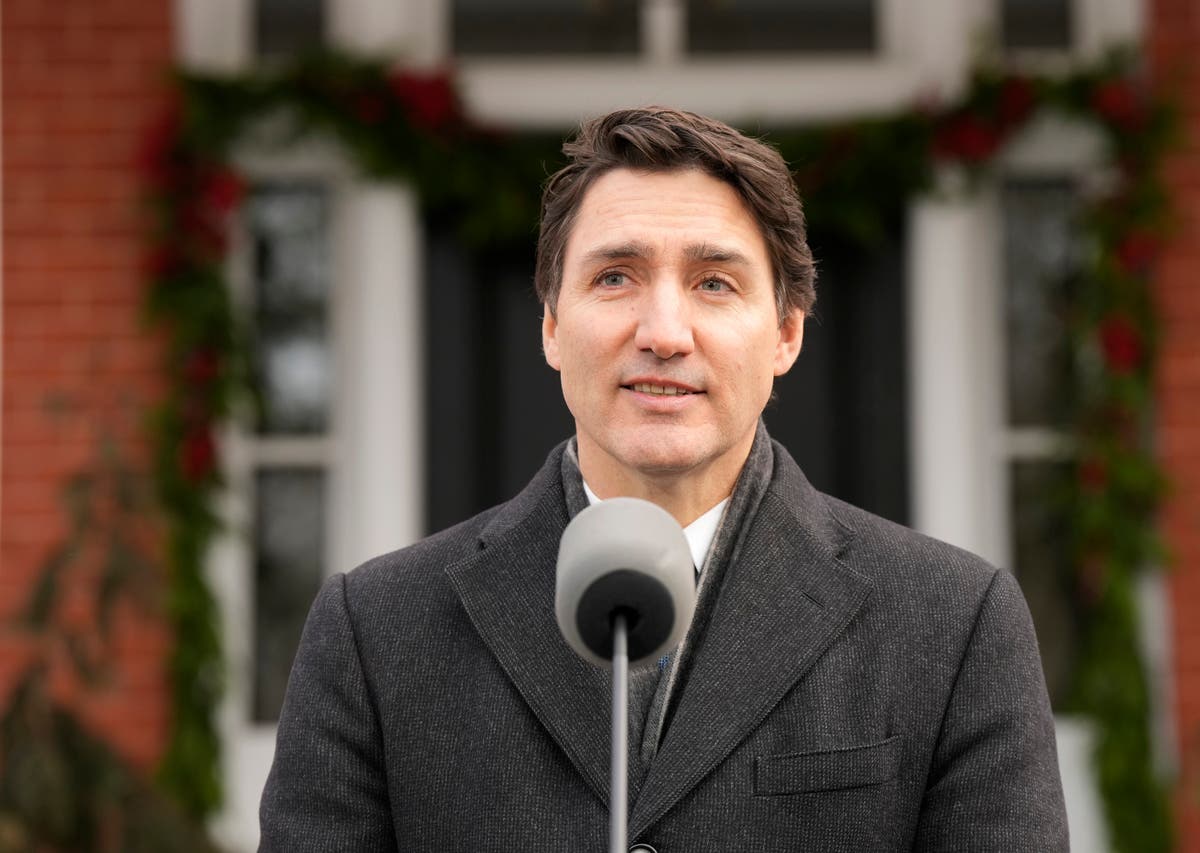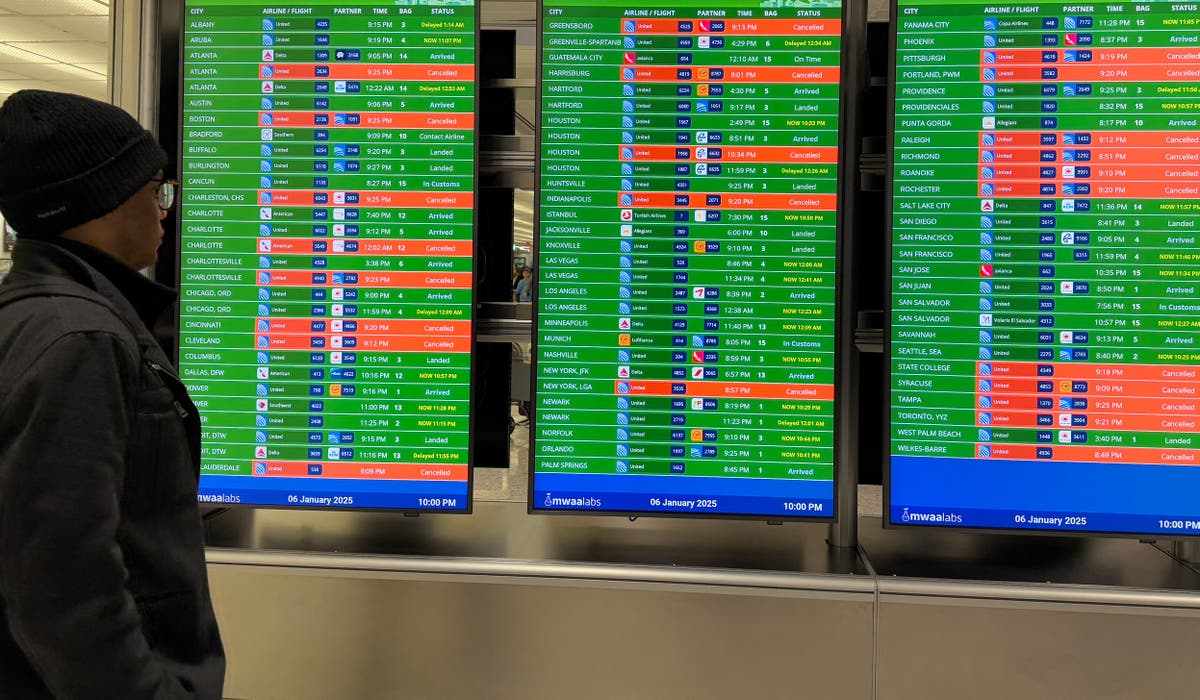Canadian Prime Minister Justin Trudeau announced his resignation on Monday, citing internal party conflicts and the looming threat of US tariffs. Weeks of pressure from within the Liberal Party, concerning how to navigate the incoming US President Donald Trump and his trade policies, contributed to the decision.
Trudeau, in a statement delivered outside Rideau Cottage, explained his choice to step down after reflecting with his family over the holidays. He highlighted the support of his family in his career, mentioning the discussion with his children about his decision. Trudeau stated his intention to resign as party leader and prime minister after a competitive leadership election process.
He attributed his resignation to "internal battles" within the Liberal party, arguing that he cannot be the best candidate for the next election. Polls indicate a potential major loss for the Liberals to the Conservative Party in the upcoming election, due by late October.
The resignation comes on the heels of recent political turmoil. Trudeau's deputy prime minister and finance minister, Chrystia Freeland, resigned abruptly last month, citing disagreements on the best course of action for Canada and the serious economic challenges posed by Trump's proposed tariffs.
Freeland's resignation letter highlighted her concerns about the economic fallout from the potential tariffs, expressing the need for a government focused on responding effectively to the situation. This underscores the escalating political difficulties facing the Trudeau government, as high inflation and the recent economic update, along with issues like immigration and housing, add further pressure.
Trudeau defended his government's commitment to protecting Canadians' interests despite the impending leadership contest, maintaining the government's focus on the challenges ahead. He praised Freeland as a valued political partner but expressed disappointment over her departure.
Trudeau’s near decade-long tenure has been marked by significant policy shifts, including immigration policies, and a progressive agenda. However, factors such as high inflation, a struggling economy, and public discontent have weighed heavily on his administration, contributing to a significant decline in public approval, with polls showing substantial dissatisfaction.







